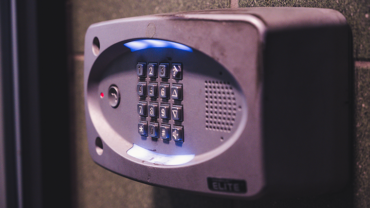Popular food delivery companies Deliveroo, Just Eat, and Uber Eats have announced new identity checks. The aim is to prevent the exploitation of account sharing people who would not pass a Right to Work check. Changes are designed to protect the British public and ensure that all riders have the legal right to work in the UK. Right to Work checks are a key part of identity verification when taking on a new job, and aim to make sure that only people in the UK legally, and with the correct immigration status to work here can work, whether on an employed or self-employed status.
What Is Substitution?
All of the big delivery companies have a facility which allows their workers to share access to their accounts when they are unable or not free to work for whatever reason. The problem is that legitimate account holders who have gone through the recruitment checks are sharing their accounts with people who may not have the right to work legally in the UK. Pressure from the government has led to these new rules, aimed at closing the legal loophole.
There is also concern that legitimate account holders may be tempted to exploit illegal workers who are desperate to earn some money in the UK, and take a cut of their earnings. This exploitation leaves customers uncertain if the person delivering their food is legally permitted to work in the UK. It also prevents delivery firms from knowing whether their substitute drivers are compliant with both road safety and immigration legislation.
Implications for Delivery Workers
If you are already working for one of these delivery companies either full or part time, and know that you have the right to work in the UK legally, then you have nothing to worry about. If however you are thinking of earning a bit of extra cash through a delivery app, you might find that the checks are more substantial than you were expecting.
Deliveroo has stated that it is already checking the Right to Work of anyone who wishes to work as a substitute through their portal, and that it supports the efforts of the Home Office to stamp out the problem of exploitation of illegal workers. Just Eat and Uber Eats have taken similar steps to limit access to their platform. This means that you should expect to go through more robust identity checking, involving showing your passport, driving licence or other key identity documents which prove who you are, and your nationality.
Government Efforts to Tackle Illegal Working
Over 2023 and the first half of 2024, the government’s intensified efforts to combat illegal working led to a 68% increase in enforcement. It remains to be seen whether this will change after the 2024 General Election, but it seems unlikely in the short term at least. Fines for employing illegal workers have risen dramatically in recent years too, which is why so many employers are paying much more attention to the problem of illegal working than they did previously.
.









